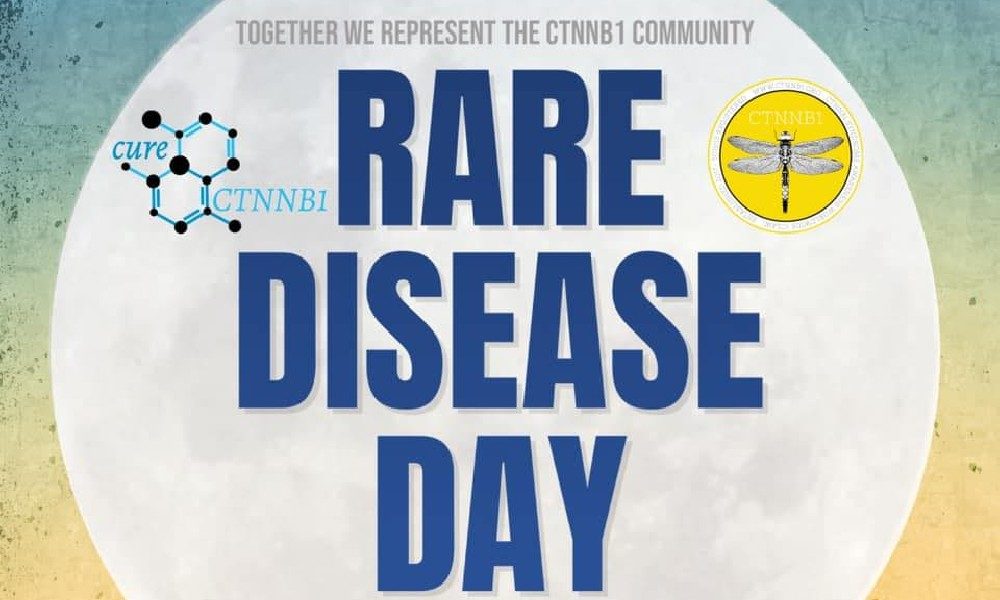In our first grant, Michele Jacob, PhD, and her team at Tufts University created a mouse model with a full body deletion of one CTNNB1 allele. Since then, she and her team have bred a colony of CTNNB1 syndrome mice to be used in treatment experiments.
A great deal of time was also spent on defining the molecular and functional changes caused by this full body deletion. This included tests for learning and motor skills as well as defining the molecular and functional underpinnings in three tissue types: brain, spinal cord, and skeletal muscle. The studies show reductions in beta-catenin levels, learning and muscle strength, confirming the value of this new mice model for in vivo tests of drug treatments to correct these changes. Further, ongoing experiments continue to look at age dependent changes both progressive and compensatory by assessing selected stages from infancy to adulthood.
In her current work, Dr. Jacob is also collaborating with two molecular chemists for the testing of high selectivity drugs to target beta-catenin and the Wnt signaling pathway to restore function. The goal is to correct reduced beta-catenin levels to more normal baseline levels to increase cognitive and motor function in our mice. The drug treatments will start in the middle of March and will be continuously ongoing to complete the plan to test multiple high selectivity drugs at multiple stages of administration. The plan includes a battery of tests to assess improvements in learning, motor skills, as well as molecular and functional changes. Additionally, tests will be conducted to verify the absence of adverse side effects.
Looking ahead, Dr. Jacob will be developing human neuron and skeletal muscle cells with the deletion of one CTNNB1 allele. A collaboration is already underway with two experts to generate human neurons and skeletal muscles differentiated from induced pluripotent stem cells. These cells will be used to test whether the drug treatments that provide effective remedy in our mice model are also effective in human cell types relevant to CTNNB1 syndrome.
Collaborations
Dr. Jacob is collaborating with researchers around the world to treat and ultimately cure CTNNB1 Syndrome. As the expert on beta-catenin, she is helping others move their research forward as we begin to explore more exterminal forms of treatment. Currently, she is working with doctors from China, Slovenia, Italy and Australia to move CTNNB1 syndrome research forward as quickly and efficiently as possible.

